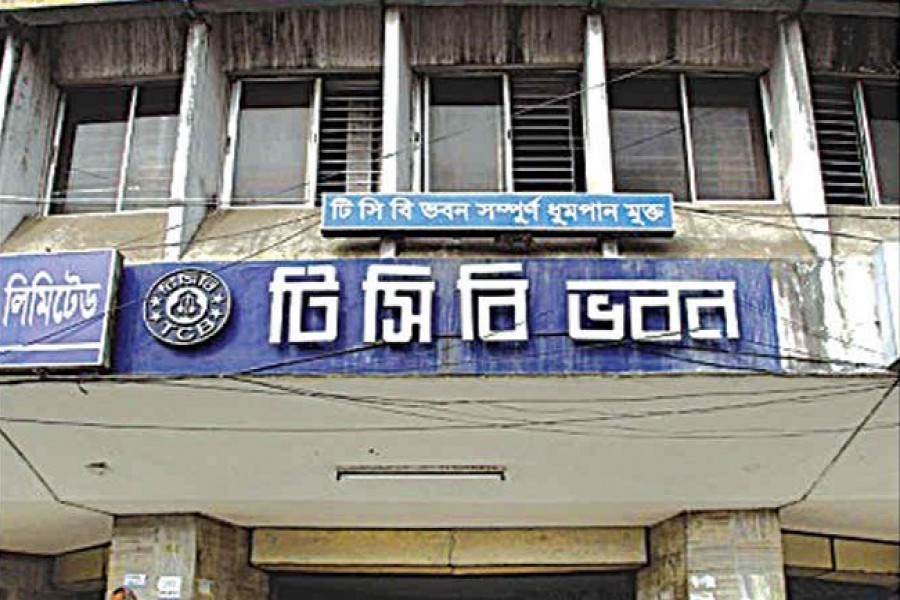To offset any pre-Ramadan tendency of essentials' price hike, the government's trading wing, the Trading Corporation of Bangladesh (TCB), has been, as usual, engaged in supplying such commodities at a reasonable price across the country through its assigned dealers. But going by a report carried in this paper's Tuesday issue, some members of the public, who waited for hours at the designated spots where the TCB trucks would come with the supply, did hardly have a happy experience about the entire exercise. As it turned out in the end, despite a thin presence of the prospective customers, if only due to the impact of the stricter enforcement measures taken against public gathering anywhere, the TCB trucks had fewer goods to offer as their stocks were limited.
Given the sensitivity of the present time, TCB should have been better prepared. The temporary dislocation in the supply chain that the 'lockdowns' or 'social distancing', as it is termed, has caused, has been behind the price hike of essential commodities at the retail shops. Small wonder that the public had taken the trouble of waiting for hours for the trucks to get the essentials. They look up to the TCB, or the government for that matter, not only as a reliable source of their vital essentials, but also as one from where they expect to get those at an affordable price. The TCB authority needs to be more responsive to the matter. If dealers are at fault, they should be replaced with better and efficient ones and the supply trucks should be adequately stocked with goods as displayed on the inventory.
However, as an official source of vital necessities at crisis times, TCB can serve only those who have the means to access it. But what about those, who have lost their means of subsistence as a consequence of the ongoing social dislocation caused by the fight against the pandemic? They had incomes before as many of them were self-employed in various micro-level business activities or were doing regular manual jobs. But they have become have-nots overnight. Can the government arrange some funds so that these people may also get some essentials through the TCB?
True, relief programmes run by the government, non-government and private philanthropic organisations are on and they mostly cover the slum people and those living on the streets. The government has also its social safety net schemes, but their beneficiaries are the ones who are registered with the schemes such as VGD, VGF, and FFW and so on. But the group mentioned above has none to look up to. These people along with their families comprising women, children and old people, whose number could be tens of thousands, are now facing starvation. Some mechanism should be in place to throw a lifeline to these people.
As this is a time of crisis, some of the government organisations may need to come out of their traditional modes of operation to help these people in distress. The scopes of some of the government's ongoing safety-net schemes could also be extended to include these people. The NGOs, in collaboration with the government, can devise a mechanism to provide the needed support that may range from pure food aid or money in exchange for work. Many humanitarian efforts- government, non-government and private-are going on to help the distressed and the vulnerable. But these efforts should be more coordinated so that they may avoid overlap and wastage and are able to deliver the goods.


